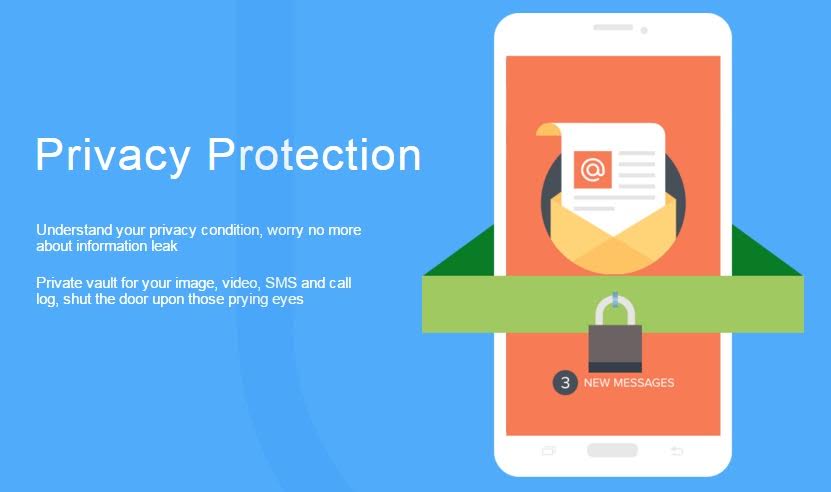


The best step you can take to protect your information from people trying to scam you online is to share less of it. By taking some simple steps, you can improve both. Good security enhances privacy, and enhanced privacy helps maintain good security. Privacy usually deals with legal data collection (like what you post on Instagram, Snapchat, and other social media), while cybersecurity focuses on illegal data collection (like protecting your accounts from hackers).īut there’s a lot of overlap. Internet privacy and internet security are different but closely related. And even when online privacy laws exist, not all companies follow them - such as when Cambridge Analytica leveraged Facebook to collect millions of data points on U.S. Surprisingly, few regions have laws protecting those rights. Privacy is a top concern for governments and tech giants, with the two often going head-to-head on what it means.īut what does it really mean? Essentially, online privacy is about protecting your rights to keep private information to yourself. You’re probably hearing about online privacy now more than ever–and not just in the news. Here’s our in-depth guide on what online privacy is, what it means for you, and how you can protect it.

Free privacy guard how to#
Learning how to protect your privacy online is a priceless skill. With a few simple steps, you can protect your privacy, keep your identity secure, and reduce the amount of data companies collect about you online. How Secure is Your Private Information Online?įrom massive data breaches to online tracking, it’s harder than ever to live a “private” online life.


 0 kommentar(er)
0 kommentar(er)
